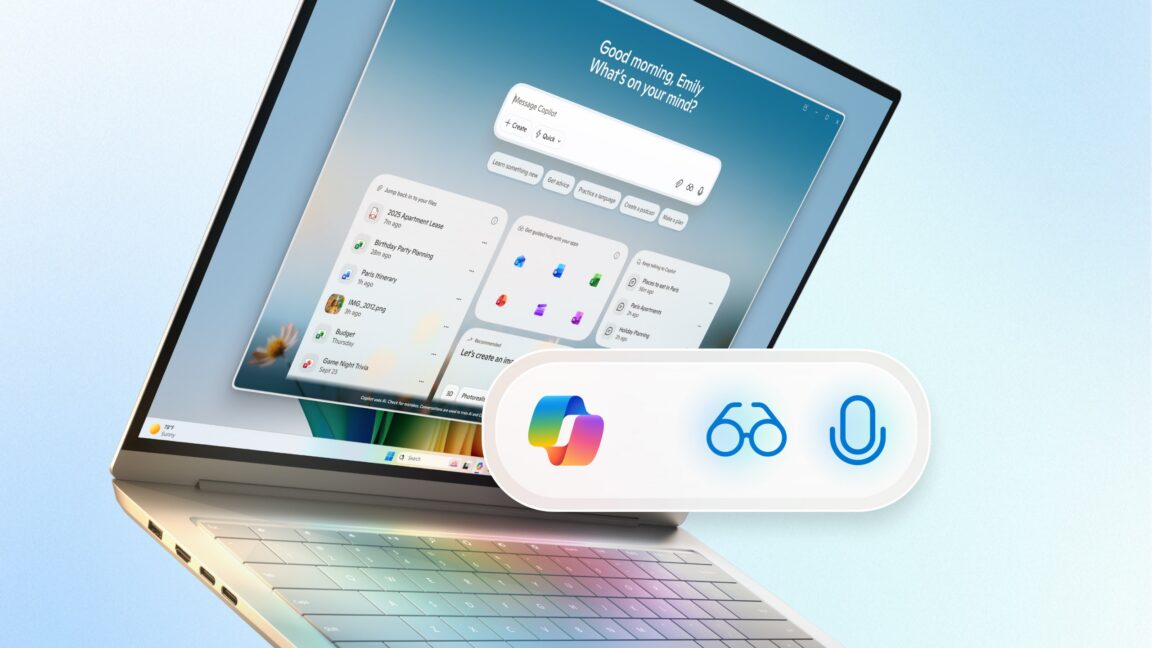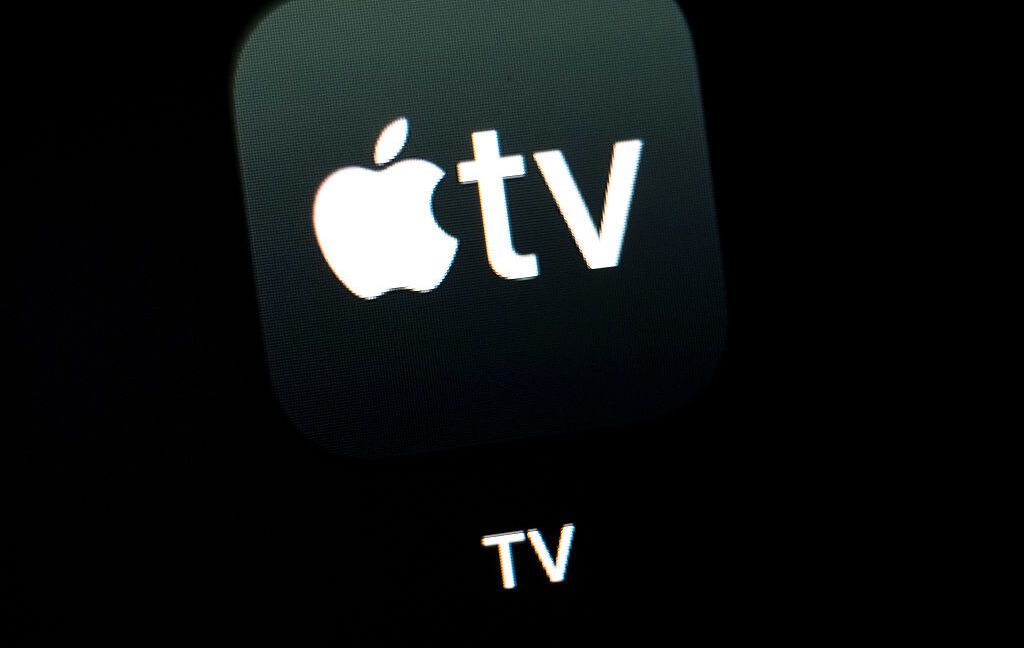
sony tells scotus that people accused of In a significant legal battle, major record labels have urged the Supreme Court to take action against Internet piracy, arguing that individuals accused of copyright infringement should not be treated as “innocent grandmothers.”
sony tells scotus that people accused of
Background of the Case
The case at the heart of this legal dispute is Cox Communications v. Sony Music Entertainment, which centers on the responsibilities of Internet service providers (ISPs) regarding copyright infringement. The record labels involved—Sony, Warner, and Universal—have filed a brief with the Supreme Court, seeking to establish a precedent that would require ISPs to terminate the accounts of users accused of repeated copyright violations.
This case arises from the ongoing struggle between content creators and ISPs over the enforcement of copyright laws in the digital age. As streaming services and digital downloads have become the norm, the music industry has faced significant challenges in protecting its intellectual property. The labels argue that unauthorized sharing and downloading of music not only harms their revenue but also undermines the entire industry.
The Role of Internet Service Providers
Cox Communications has positioned itself as a defender of its customers, arguing that the copyright-infringement notices it receives from record labels are often unreliable. These notices are typically generated by automated systems that flag users based solely on their IP addresses, which can lead to inaccuracies. Cox contends that terminating an account based on these notices would unfairly penalize entire households for the actions of a single user.
Arguments from Cox Communications
Cox’s defense hinges on several key points:
- Reliability of Notices: The company argues that the copyright-infringement notices sent by record labels are not always accurate. Since these notices are generated by bots, they may flag innocent users alongside those who are genuinely infringing copyright.
- Impact on Households: Terminating an account would affect all users within a household, punishing innocent family members for the actions of one individual. This raises ethical concerns about collective punishment.
- Verification Challenges: ISPs like Cox claim they lack the means to verify the accuracy of the copyright-infringement notices they receive. This puts them in a difficult position when it comes to deciding whether to terminate a subscriber’s account.
Record Labels’ Position
In contrast, the record labels argue that ISPs have a responsibility to take action against piracy. They assert that allowing ISPs to ignore repeated copyright infringement would lead to significant financial losses for the music industry. The labels emphasize that the current system is inadequate for protecting their rights and that stronger measures are necessary to deter piracy.
Key Arguments from Record Labels
The record labels present several compelling arguments in their brief:
- Financial Impact: The labels argue that piracy has a direct negative impact on their revenue, which in turn affects artists, producers, and the entire music ecosystem. They contend that if ISPs do not take action against repeat offenders, the music industry will continue to suffer.
- Legal Precedent: The labels are seeking to establish a legal precedent that would clarify the responsibilities of ISPs in cases of copyright infringement. They argue that a ruling in their favor would empower them to protect their intellectual property more effectively.
- Consumer Awareness: The labels believe that consumers should be aware of the consequences of piracy. By holding ISPs accountable for terminating the accounts of repeat offenders, they argue that it would serve as a deterrent to potential infringers.
Implications of the Supreme Court’s Decision
The Supreme Court’s decision in this case could have far-reaching implications for both the music industry and Internet service providers. If the Court rules in favor of the record labels, it may set a precedent that obligates ISPs to take a more active role in monitoring and enforcing copyright laws. This could lead to:
- Increased Account Terminations: ISPs may be compelled to terminate accounts more frequently, which could lead to a significant number of users losing access to the Internet due to the actions of a single household member.
- Changes in ISP Policies: ISPs might implement stricter policies regarding copyright infringement, potentially leading to more aggressive monitoring of user activity.
- Impact on Consumers: Consumers may face increased scrutiny and potential penalties for copyright infringement, which could deter some from engaging in file-sharing activities.
Stakeholder Reactions
The case has garnered attention from various stakeholders, including consumer advocacy groups, legal experts, and industry insiders. Reactions have been mixed, reflecting the complex nature of the issues at stake.
Consumer Advocacy Groups
Consumer advocacy groups have expressed concern about the potential impact on innocent users. They argue that the risk of collective punishment is too high and that the current system does not adequately protect the rights of consumers. These groups emphasize the need for a balanced approach that considers both the rights of content creators and the rights of consumers.
Legal Experts
Legal experts have noted that this case could redefine the relationship between ISPs and copyright holders. Some believe that a ruling in favor of the record labels could lead to a chilling effect on Internet usage, as users may become more cautious about their online activities. Others argue that the Court may side with Cox, emphasizing the need for due process and accuracy in the enforcement of copyright laws.
Industry Insiders
Within the music industry, there is a sense of urgency regarding the outcome of this case. Many industry insiders believe that stronger measures are necessary to combat piracy effectively. However, there is also a recognition that the digital landscape is evolving, and the industry must adapt to new realities. The outcome of this case could influence future strategies for protecting intellectual property.
Conclusion
The Supreme Court’s decision in Cox Communications v. Sony Music Entertainment will not only impact the music industry but also set a precedent for how copyright infringement is handled in the digital age. As the arguments from both sides unfold, it is clear that the stakes are high. The balance between protecting intellectual property and safeguarding consumer rights will be at the forefront of this landmark case.
As the legal landscape continues to evolve, stakeholders will be watching closely to see how the Supreme Court navigates this complex issue. The implications of their decision could shape the future of copyright enforcement and Internet usage for years to come.
Source: Original report
Was this helpful?
Last Modified: October 17, 2025 at 4:37 am
2 views















